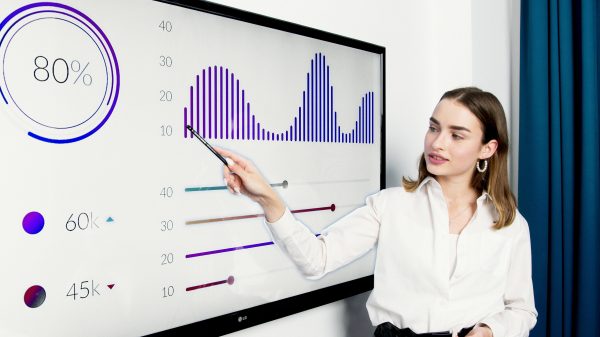You may have noticed that I speak of “reading well”, or “good reader”, because as another great guru of letters, Antonio Basanta, says in his book “Leer contra la nada”, being a reader is not the same as being a leedor. It is not about putting letters together, it is about interpreting, understanding and extracting from them all that they transmit, because if it is done well, the benefits will be much greater. In fact, it has been proven that the enjoyment of reading has its origin in the quality of its learning.
With the irruption of screens into our lives, there is an inevitable fear that they will make learning more difficult for the youngest children, and that they will distance us older children from books and their benefits. The fact is that we cannot deny that the entertainment, dynamism and immediate satisfaction that technology provides us with, without demanding great attention in return, are a tough competitor to paper, which offers a much more contemplative reading experience.
I’m sure you are aware that many educational institutions that once advocated paperless are now backtracking and implementing a process of de-digitisation in their classrooms. Why? Because the distractions that screens generate in students take them away from their teachers’ explanations, robbing them of their concentration and hindering their comprehension and therefore their capacity for analysis.
There are conflicting studies on the retentiveness of learning or studying with screens compared to studying on paper. While some argue that there is no deterioration in the assimilation of content, others argue that the intelligence of our children and young people is being limited and compromised, as they are not able to pay deep attention to their academic tasks.
It is not surprising that this generates dread among educators and parents, but here the crux of the matter lies in trading fear for knowledge.
Returning to the subject at hand, reading, it has been shown that people are reading more than ever before, even if it is done in a different way. Technology puts within our reach an infinite number of texts, studies, books, contents… that would be impossible to have at hand on paper. It also provides very useful tools to reinforce (but not replace) the traditional learning of reading in an effective and enjoyable way, making it fun for children and generating in them a greater taste for letters from an early age.
We could therefore say that technology facilitates and encourages reading, but, as with everything, there is a B side.
The expert in family, technology and education, María Zabala, tells us something that is obvious but that we sometimes forget, positioning ourselves at the extremes: in the world of screens, not everything is bad, not everything is good, and it is up to us to find the balance. How? By adjusting the time spent using screens according to the content, as well as making other alternatives available to children, such as books that are of interest to them, and not imposed.
It is not the same to spend an hour in front of a Martian game as it is to be using apps to reinforce reading or consulting the history of Lego on Wikipedia, for example. Therefore, the time spent on these tasks should not be the same.
The challenge is to be selective and conscious
Because those who talk about children, talk about adults. When we are in front of a screen, we must discern between what entertains and enriches us, such as an article on a subject of interest to us, and what entertains us, but does not provide us with anything of value, such as the endless posts or videos on some social networks, on which we scroll compulsively. The latter is becoming an armed time thief, a hijacker of our attention for hours that, if we were to do a monthly tally, would scare us.
Our hours being limited as they are, spending them badly takes us away from many other rewarding activities, for example, in the case in point, the leisurely reading of a good novel, whether in print or not.
At this point, we can conclude that the medium on which we read is not a determining factor in the promotion and enjoyment of reading. Those who enjoy reading will do so on a screen and in a physical book. On the other hand, the quality of the reading exercise and our ability to invest our time and concentration in it will be decisive.
After all, like the best of species, reading is constantly evolving and adapting, so its survival is guaranteed.







